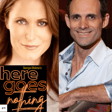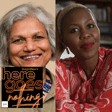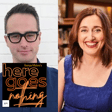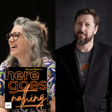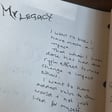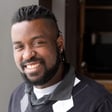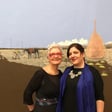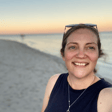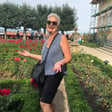
Episode 3: Talking Festivals with Vernon Guest
All across Australia, in small regional towns, communities come together turning their quiet streets into places of celebration for a Festival. Whether it is celebrating food and multiculturalism, agricultural fairs that celebrate industry and history, or contemporary arts festivals in small remote towns.
These community driven cultural and arts festivals create connection, offtering hope and pride in their community… and an important part of the Australian cultural landscape.
In the smallest corner of the smallest state in Australia is the headquarters of one of the country’s leading international arts festivals, Ten Days on the Island. This bi-annual festival connects Tasmania with all corners of the world and celebrates the beauty and challenges of the Island through the voices of artists.
This week’s guest is the CEO of Ten Days, Vernon Guest, calling in from his office overlooking the Bass Strait in Burnie on the North West coast.
Vern and I started our professional arts careers at the same time at the age of 23 at Perth Festival. Since then, Vern has worked all over the country and presented some of the most significant events in Australia. Vern now calls the North West home and understands the responsibility of his role to support and elevate artists in Australia.
Join Vern and I for the next hour as we take a wide ranging conversation on the role of Festivals, artists and creative thinking. We also touch on AI, technology and the role of government.
It’s worth noting that this conversation was recorded late last year, before the controversies surrounding creative australia and the upcoming federal election.
